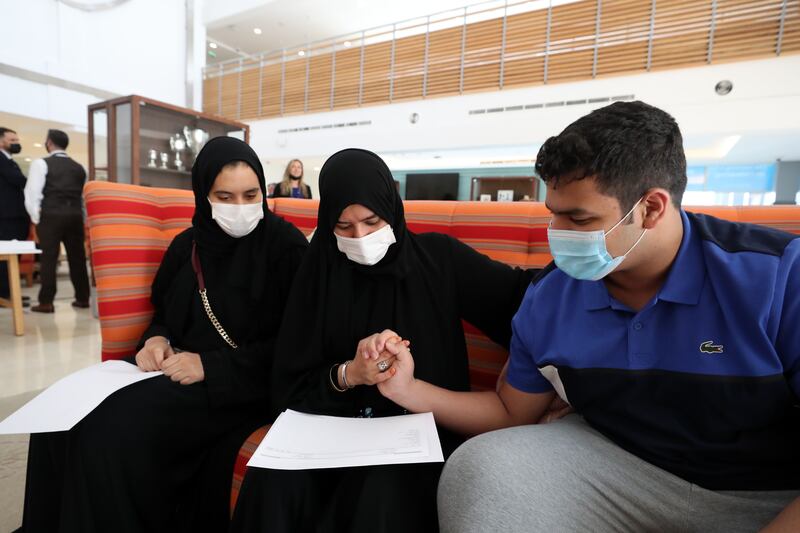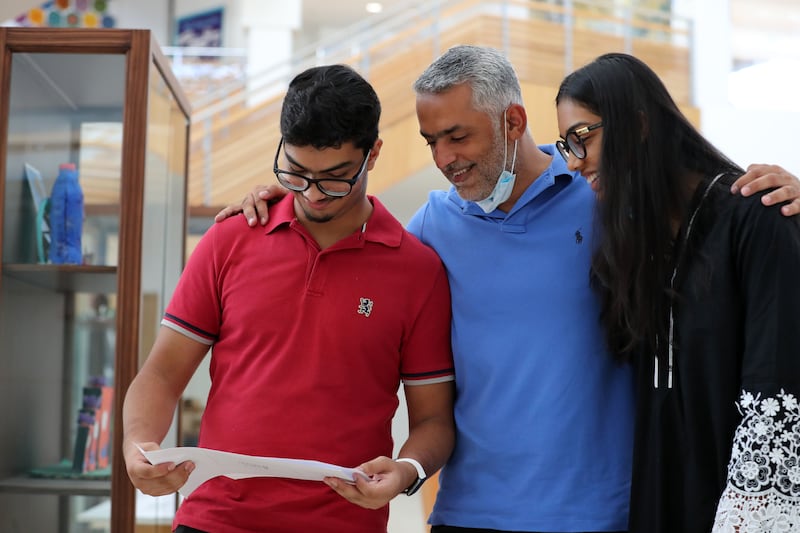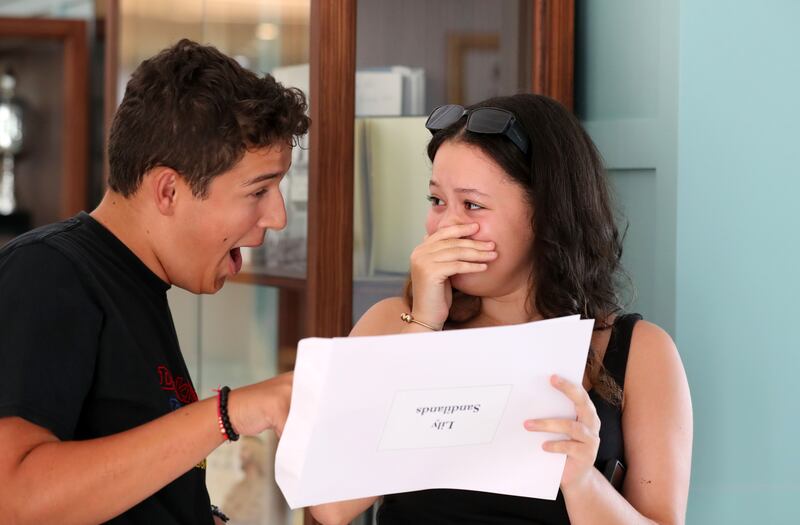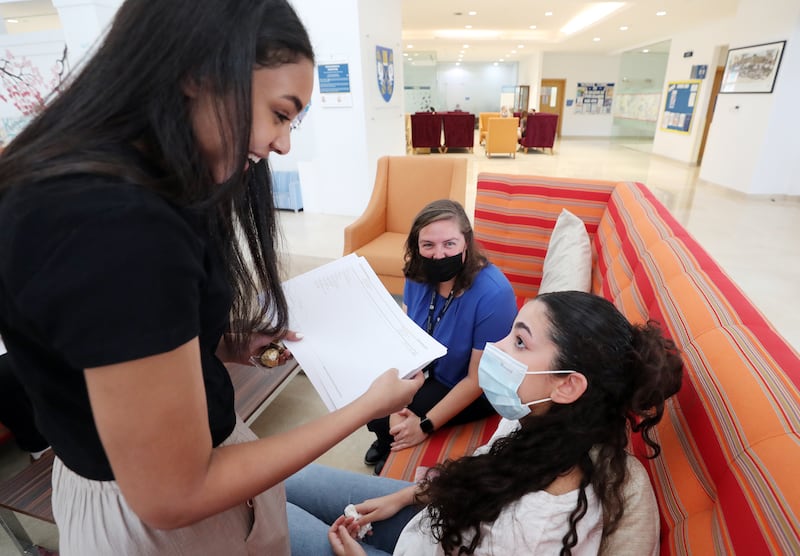Tens of thousands of teenagers across England, Wales, Northern Ireland - and overseas in countries including the UAE - will open the envelopes they have been waiting on for weeks on Thursday.
The GCSE results inside will have a significant impact, potentially paving he course of their future careers.
GCSE results come exactly a week after pupils were informed of their A-level results, which revealed a drop in the number of pupils receiving the highest grades following a return to pre-pandemic grading.
What time will results be available?
Pupils can usually collect their results from their school from 8am on Thursday August 24. But statistics should be made public around 9.30am.
How have pupils been graded?
Ofqual has said a return to pre-pandemic grading means this year's national GCSE results in England will be lower than last year, and similar to 2019.
That means a return to "the forgotten third" - the proportion of young people who are left without a grade 4 in GCSE English and maths.
It follows an increase in top GCSE grades in 2020 and 2021, with results based on teacher assessments instead of exams.
In 2019, more than a third, or 35.4 per cent, of state school students in England did not achieve grades 4 or above in English and maths GCSEs. This figure fell during the pandemic years.
Last year - when grades were set at a midpoint between 2021 and 2019 - the proportion of state school students in England who missed out stood at 31.2 per cent.
What do the results mean?
While traditional A*-G grades are used in Northern Ireland and Wales, in England these have been replaced with a 9-1 system This is how they compare:
- 9 — High A* grade
- 8 — Lower A* or high A
- 7 — Lower A grade
- 6 — High B grade
- 5 — Lower B or high C
- 4 — Lower C grade
- 3 — D or high E
- 2 — Lower E or high F
- 1 — Lower F or G
- U — Ungraded
Students receive their GCSE results at Brighton College, Dubai – in pictures
What happens if they fail?
In England, many students who do not secure at least a grade 4 - which is considered a "standard pass" - in English and/or maths GCSE are required to retake the subjects during post-16 education.
But they are currently funded to retake maths and/or English until they achieve a GCSE grade 9 to 4.
For students with a grade 2 or below, they can either study towards a pass in functional skills level 2 or towards a GCSE grade 9 to 4.
In Wales and Northern Ireland, GCSE results are not expected to return to pre-pandemic levels until next year.
What should children do if they don’t get the grades they were expected to or hoped for?
The number of pupils in England achieving at least a grade 4 in maths and English GCSE is expected to fall this year amid efforts to restore grading to similar levels to 2019 - the year before the pandemic.
But the government has stressed help is available and there are many paths to success.
"We know that results day can be an anxious time for many young people,” said a Department for Education (DfE) spokesman.
“This is why the National Careers Service offers Get Help With Exam Results Careers Advice to support young people to understand their options after exam results.
"There are more brilliant pathways to a great career open to young people than ever before, including through our world-class university sector, our groundbreaking new T-levels, a Higher Technical Qualification or an apprenticeship, which you can now apply for through Ucas as you would for a degree.”
How good are the expected results?
In England, the exams regulator has said this year’s GCSE results will be lower than last year, but they are expected to be similar to 2019 as part of its plan to return to pre-pandemic grading this summer.
But Ofqual has built protection into the grading process which should enable a pupil to get the grade they would have received before the pandemic even if their quality of work is a little weaker this year.
It comes after Covid-19 led to an increase in top GCSE grades in 2020 and 2021, with results based on teacher assessments instead of exams.
In Northern Ireland and Wales, exam regulators have said they do not expect to return to pre-pandemic grading levels until next year.
In Wales, results are expected to be “broadly midway” between those awarded in 2022 – the first year students sat exams following the pandemic – and 2019.





















